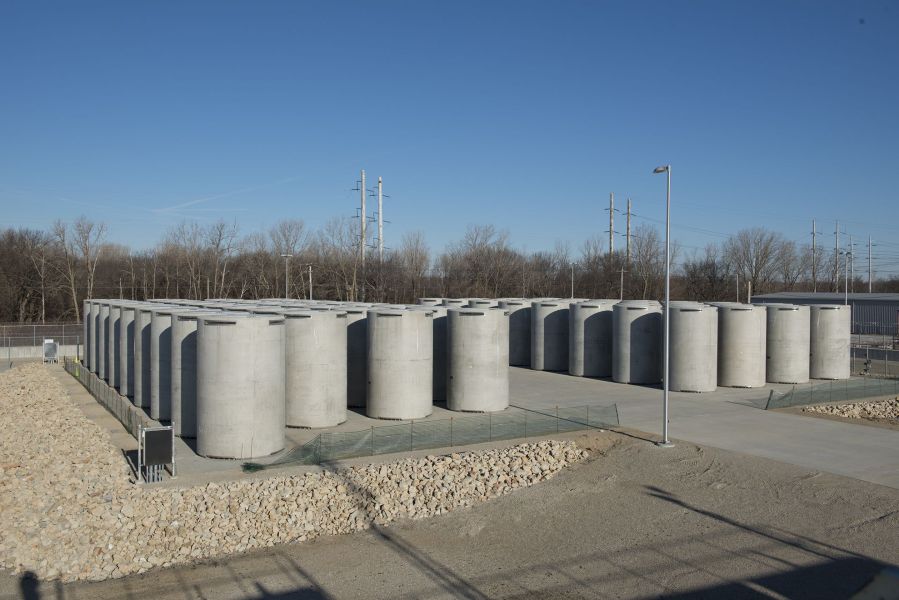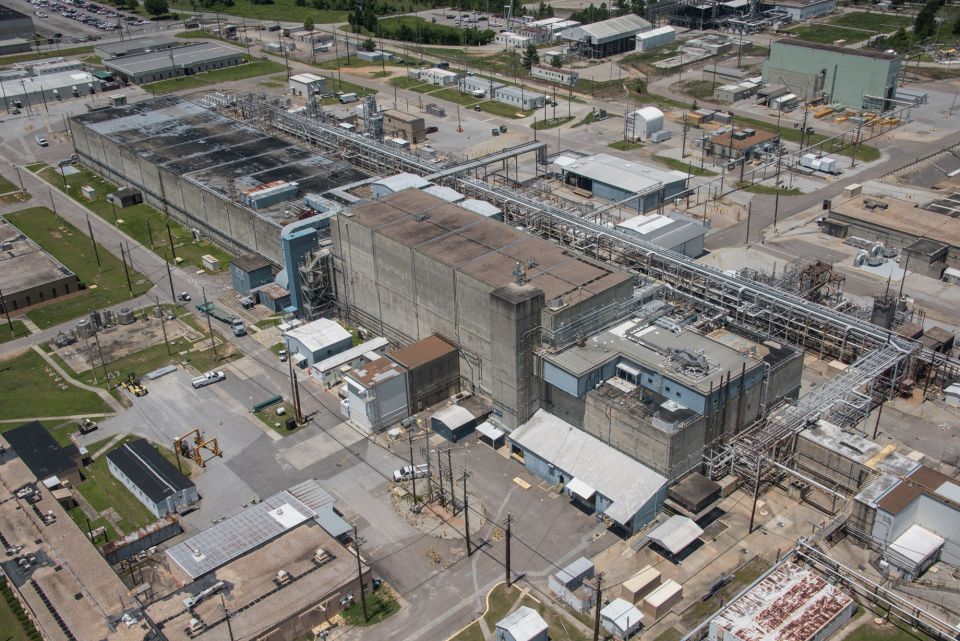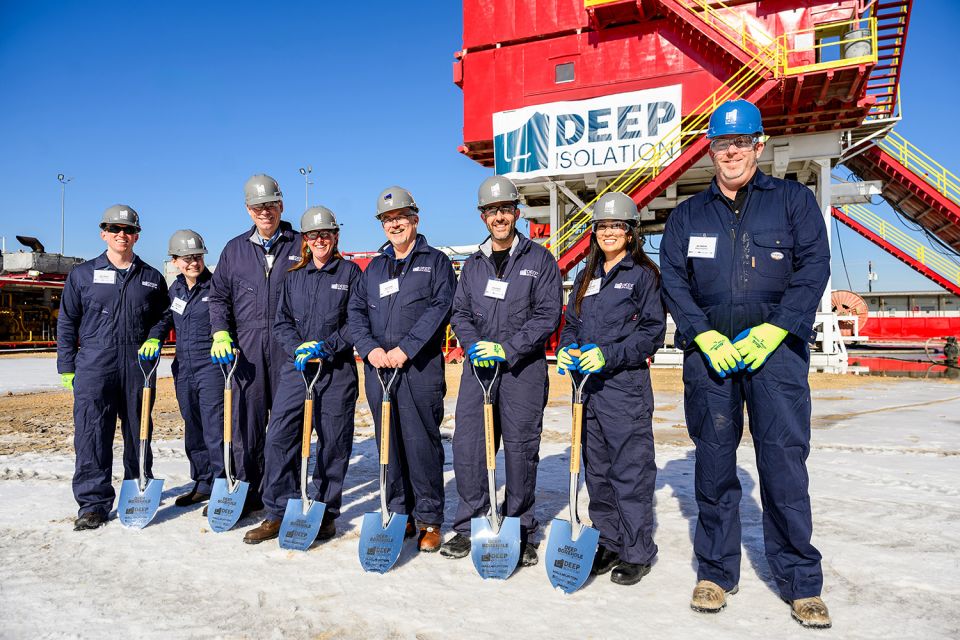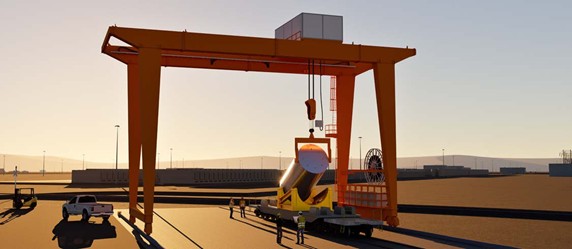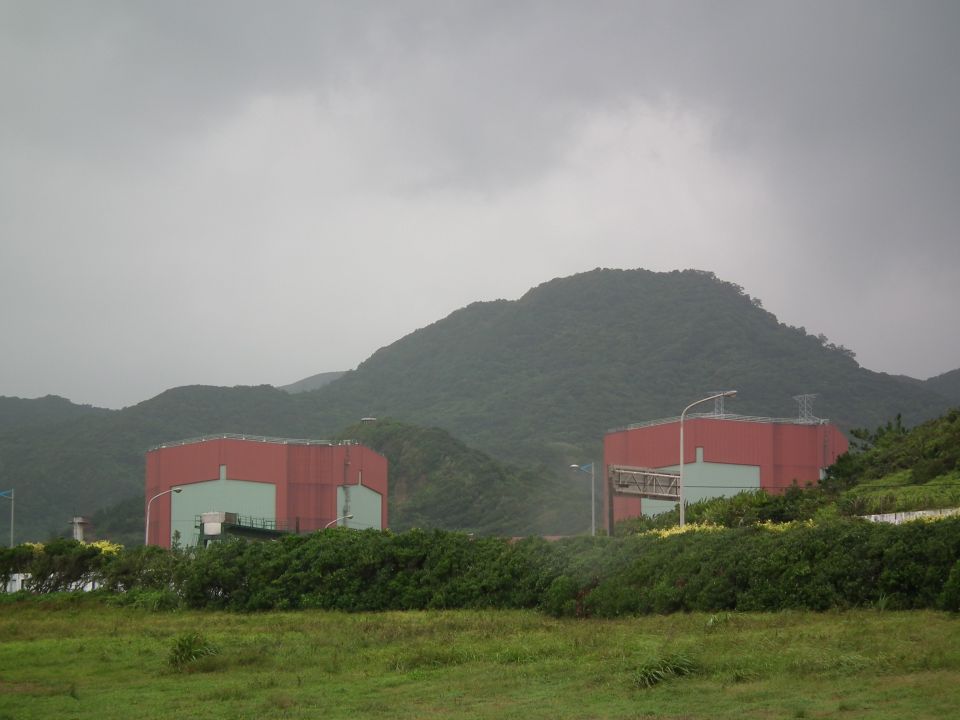DeepGeo to explore economics of SNF reprocessing with Copenhagen Atomics
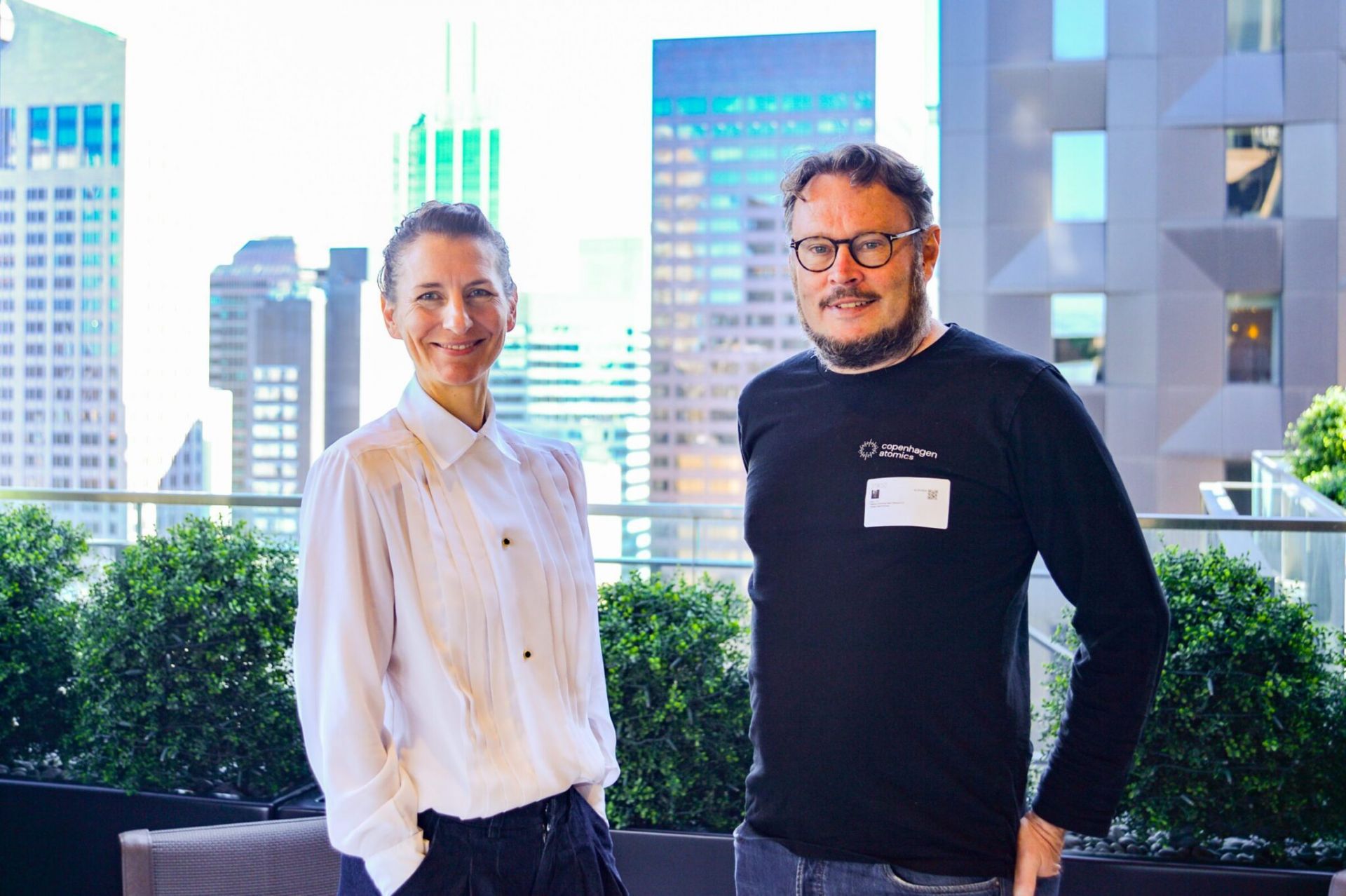
DeepGeo, a Rhode Island–based company seeking to develop multinational spent nuclear fuel repositories, and Denmark-based thorium reactor developer Copenhagen Atomics have signed a collaboration agreement that will see the companies work together on the management of nuclear fuels and waste streams associated with a thorium breeder reactor.

-3 2x1.jpg)
